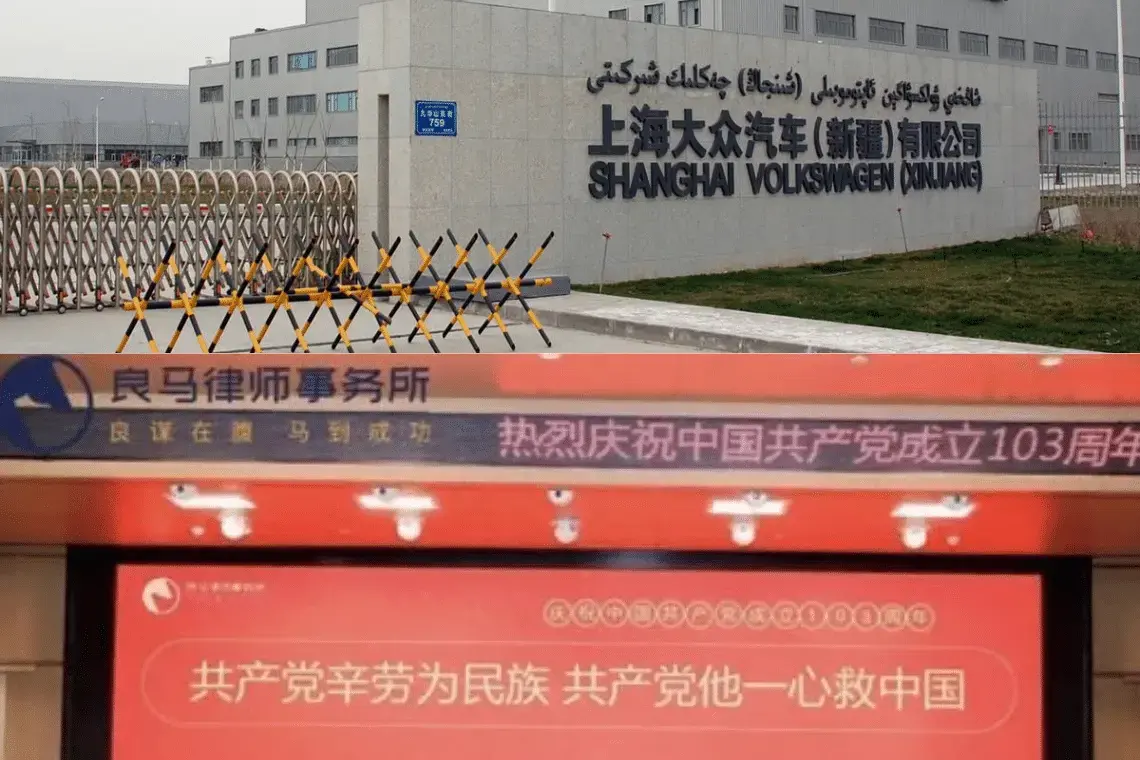- cross-posted to:
- globalnews@lemmy.zip
- china@sopuli.xyz
Campaign for Uyghurs (CFU) has unveiled a leaked audit report, sent to their Washington, D.C., address, that exposes Volkswagen’s (VW) blatant attempts to whitewash its complicity in the Chinese Communist Party’s (CCP) genocidal policies in Urumchi. The audit, conducted by Guangdong Liangma Law and overseen by Berlin-based consultancy Löning, failed to meet the most basic international social accountability standards. Volkswagen’s claims of being cleared of forced labor allegations are not just misleading–they are part of a deliberate cover-up that implicates VW in one of the world’s worst human rights atrocities.
VW’s December 2023 assertion that their audit found “no indication of forced labor” in their Urumchi factory has now been thoroughly discredited by this leaked audit report, which CFU exclusively received in August 2024.
[…]
The leaked audit shows that interviews were live-streamed to law offices in Shenzhen, directly enabling Chinese state surveillance. In addition, the report showed that only managers were asked questions related to forced labor. Volkswagen’s Urumchi plant, which operates in partnership with state-owned SAIC Motor Corporation, employs 197 staff, nearly a quarter of whom are Uyghur. However, the audit’s failure to directly question workers about forced labor practices undermines the integrity of the findings, further implicating VW in the region’s human rights abuses.
[…]
Volkswagen has yet to provide a detailed response to these allegations, citing “contractual confidentiality obligations.”
[…]

The more things change… https://www.volkswagen-group.com/en/volkswagen-chronicle-17351/1937-to-1945-founding-of-the-company-and-integration-into-the-war-economy-17354#
https://en.wikipedia.org/wiki/German_Labour_Front
https://www.thenation.com/article/archive/volkswagens-nazi-era-blood-crimes/
The productivity needs of the growing armaments operation were met from Summer 1940 onwards by the increasing use of forced labour. The first group of such slave labourers were Polish women deployed at the company’s main plant. Later, prisoners of war and concentration camp inmates were assigned to work there – an estimated 20,000 people in total. They came from European countries which had been occupied by, or were under the control of, the German Reich, and in 1944 accounted for two thirds of the company’s workforce. In Nazi Germany forced labourers had no rights, and were subjected to varying levels of racial discrimination. Insufficient food, physical violence and exploitation undermined their health and endangered their lives.

